By Dan Kennedy, Kumveka Executive Director. He’s overseen research projects to help dozens of ministries make better decisions. This post is the second in a three-part series. Read Part 1 here and the final installment here.
Unless you’re feeling particularly adventurous, you’re not going to pack up your family for a cross-country vacation without a little pre-work.
In the weeks and months ahead of time, you’ll probably talk through destinations with your spouse and kids. You might take a look at Yelp or Google reviews to determine what to see, where to eat, and where to stay.
Why wouldn’t you do the same for the work your ministry is doing?
Whether it’s a fundraising campaign, a new name, or an expanded effort, research is a critical factor in the ultimate success of your initiatives.
In a previous post, we took a look at what research entails. Now let’s dig into why it’s worth it.
Research reduces risk and increases empathy.
In our family vacation example, research will save you time, money, and hassle. You’ll find the best prices for hotel rooms, know the best route to take to your destination, and find activities everyone will enjoy.
The same is true for the research you do at your ministry. It helps you make better decisions about where and how to invest your valuable people and financial resources. And that leads to a better chance of success.
Let’s talk empathy. Research also makes you a more compassionate communicator, giving you clearer insight into your audience’s needs, perceptions, frustrations, and experiences.
Research forces intentionality.
Want to know what to focus on the next 6 months? Ask your audience questions about: their donation experience, what they think you do, or about how they perceive your visuals or messaging. That’s just for starters. Their responses, given through research, focus your attention on your biggest opportunities and knowledge gaps.
Research offers objectivity.
It’s very easy to make assumptions about what we think our audience wants to hear or how they want interact with us. Research prevents this “curse of knowledge” (outlined well in Made to Stick). It brings you much-needed outside perspective so you can make decisions backed by data, not by feelings.
Considering a research project at your ministry?
We’d love to help.






